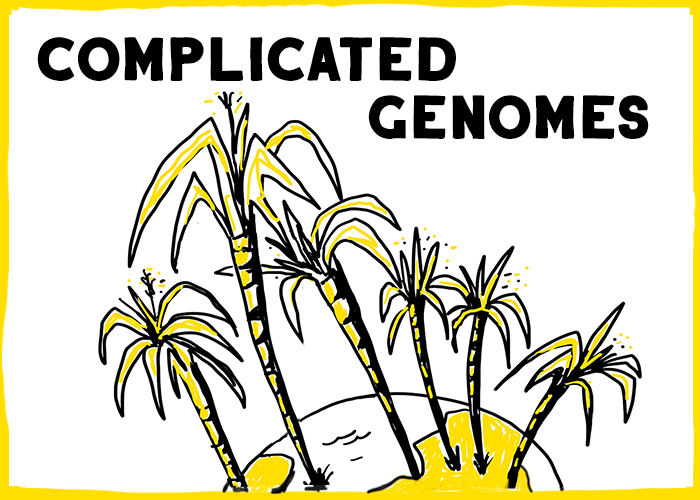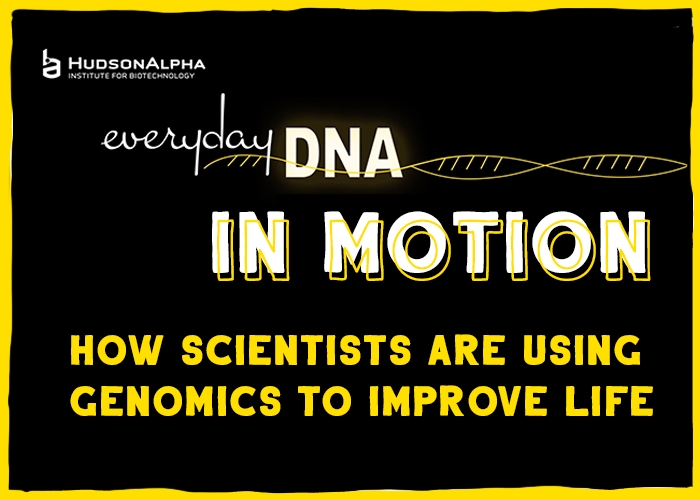An Everyday DNA blog article
By: Sarah Sharman, PhD, Science Writer
Imagine that one day you begin slowly having difficulty concentrating and small lapses in memory. Work is stressful and we are still in the middle of a pandemic, so you write it off as normal everyday forgetfulness. But when you start having involuntary jerking movements in your arms, you begin to worry.
A visit to your general practitioner should give you some answers, you think to yourself. However, at your appointment your doctor voices concern because as an adoptee you have no knowledge of your family health history. She recommends you consult a clinical geneticist to get some deeper answers.
So, what exactly is a clinical geneticist, and how can they help to diagnose the culprit behind your neurological symptoms? Let’s dive into the basics of genomic medicine and its growing role in health and disease.
What is genomic medicine?
Genomic medicine is an emerging field of medicine that uses a person’s DNA to guide healthcare decisions and anticipate, diagnose, and manage disease. There are over 6,000 diseases and disorders that are caused by one or more variations in DNA. Researchers and physicians are constantly discovering genetic causes for more diseases and disorders.
Information from your DNA can help geneticists diagnose disease or gain a better understanding of your current medical problems. One area in which genomic medicine has played a critical role in the diagnosis of rare genetic diseases. The ability to scan a patient’s genome and find potential genetic contributors to disease has given clinicians an extra tool in their diagnostic toolkit.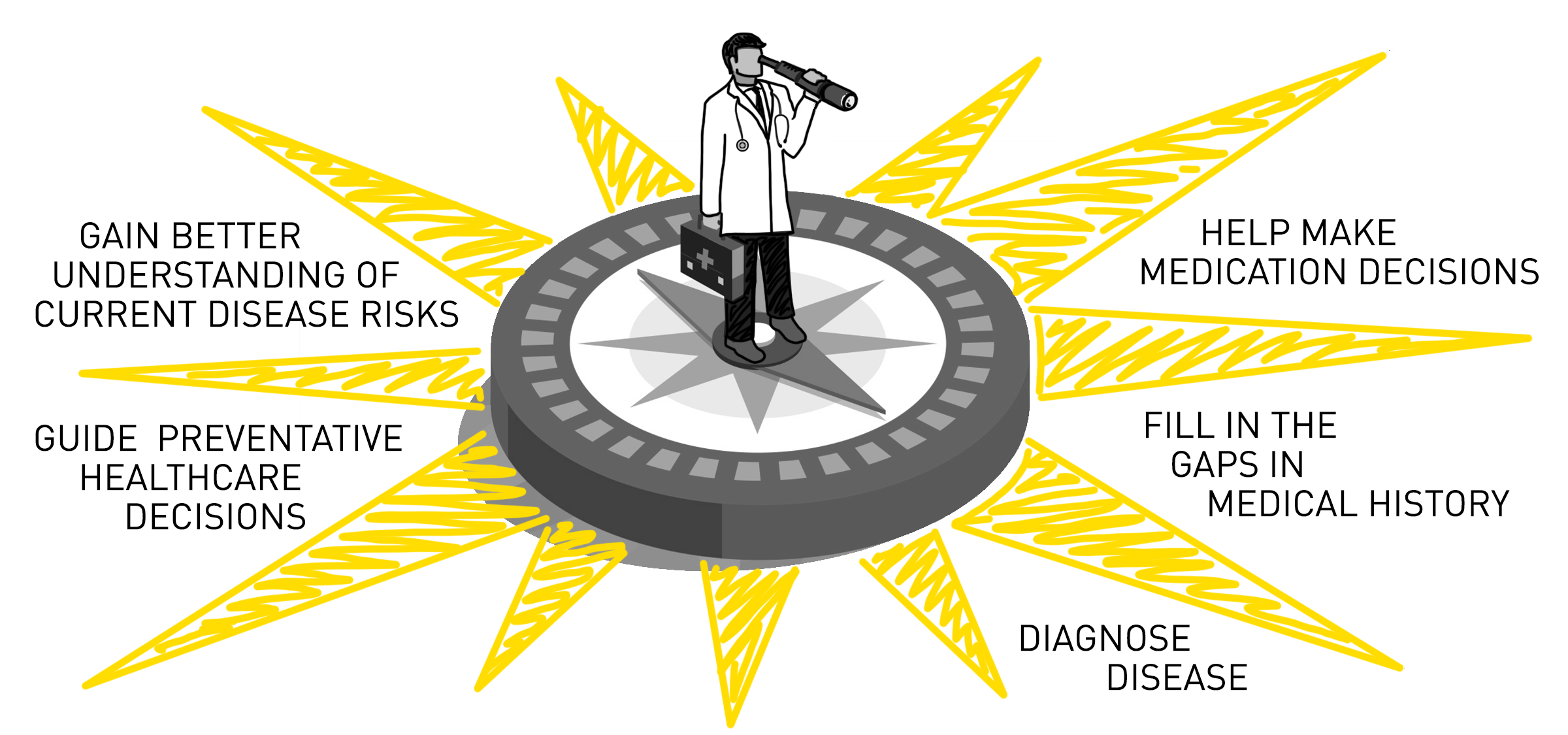
Clinical genomics is not solely limited to diagnosing patients with genetic diseases. The information carried within your genome can also help a geneticist identify disease risk factors and guide preventative healthcare decisions, identify disease carrier status, and even identify genetic factors that may have an effect on your reactions to certain drugs.
A Day in the life at a genomics clinic
Your appointment with the clinical geneticist is finally here, but you are probably wondering what your day will look like and who you will meet during your appointment? In general, you can expect to start by giving a medical history and family history. A physical exam might also be necessary depending on your symptoms and the extent of your prior diagnostic tests and results.
Prior to receiving any genetic testing, you will likely meet with a genetic counselor. Genetic counselors are healthcare professionals who work with patients, their families, and other healthcare providers to help them understand how genetic information impacts their lives or the lives of their patients. The genetic counseling process helps people understand the potential medical, psychological and familial implications that might arise should they have genetic contributions to disease.
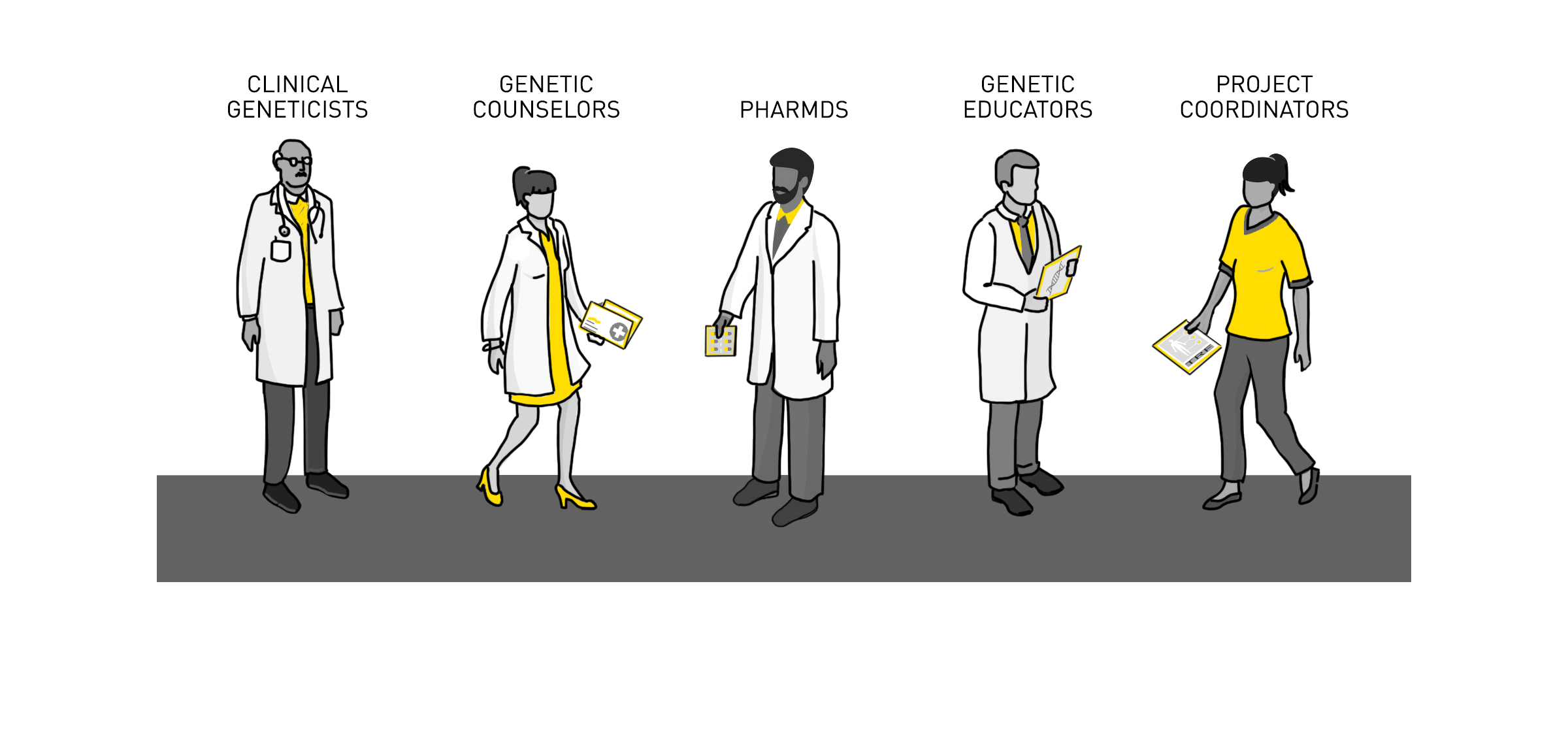 In addition to meeting with the genetic counselor, you will likely be seen by a clinical geneticist who is a physician that specializes in diagnosing conditions that have a genetic origin. Clinical geneticists help find diagnoses for rare conditions or an unusual presentation of a common condition by studying the patient’s symptoms and interpreting genetic variation in the patient’s genome.
In addition to meeting with the genetic counselor, you will likely be seen by a clinical geneticist who is a physician that specializes in diagnosing conditions that have a genetic origin. Clinical geneticists help find diagnoses for rare conditions or an unusual presentation of a common condition by studying the patient’s symptoms and interpreting genetic variation in the patient’s genome.
If you and the clinical team decide that genetic testing is right for you, you will be asked to provide a DNA sample to be used in the test. The sample is typically a blood sample but it could also be saliva or tissue, depending on the type of test and your symptoms. For example, someone with cancer may have a tumor biopsy taken for tumor sequencing.
The clinical geneticist may order one of a number of types of genetic tests based on your symptoms, family history, and prior medical testing. If he or she suspects a specific genetic disease based upon your symptoms, they may order a gene panel that looks at one or more genes related to that disease. For example, memory problems and involuntary movements are symptoms of Huntington’s disease which has a causal genetic variant that could be investigated with a gene panel.
A second type of genetic test, called whole exome sequencing, looks at the regions of your DNA that code for proteins. The most comprehensive type of genetic test, called whole genome sequencing, looks at your entire set of DNA, or genome.
After your genetic test has been completed, the clinical team will interpret the results together, taking into consideration all of your symptoms, any family history, and genetic testing results. The clinical geneticist and a genetic counselor will deliver their conclusions to you. Being given a disease diagnosis gives patients an answer to their sometimes years long diagnostic journey but also helps their physicians more effectively create a treatment and lifestyle plan.
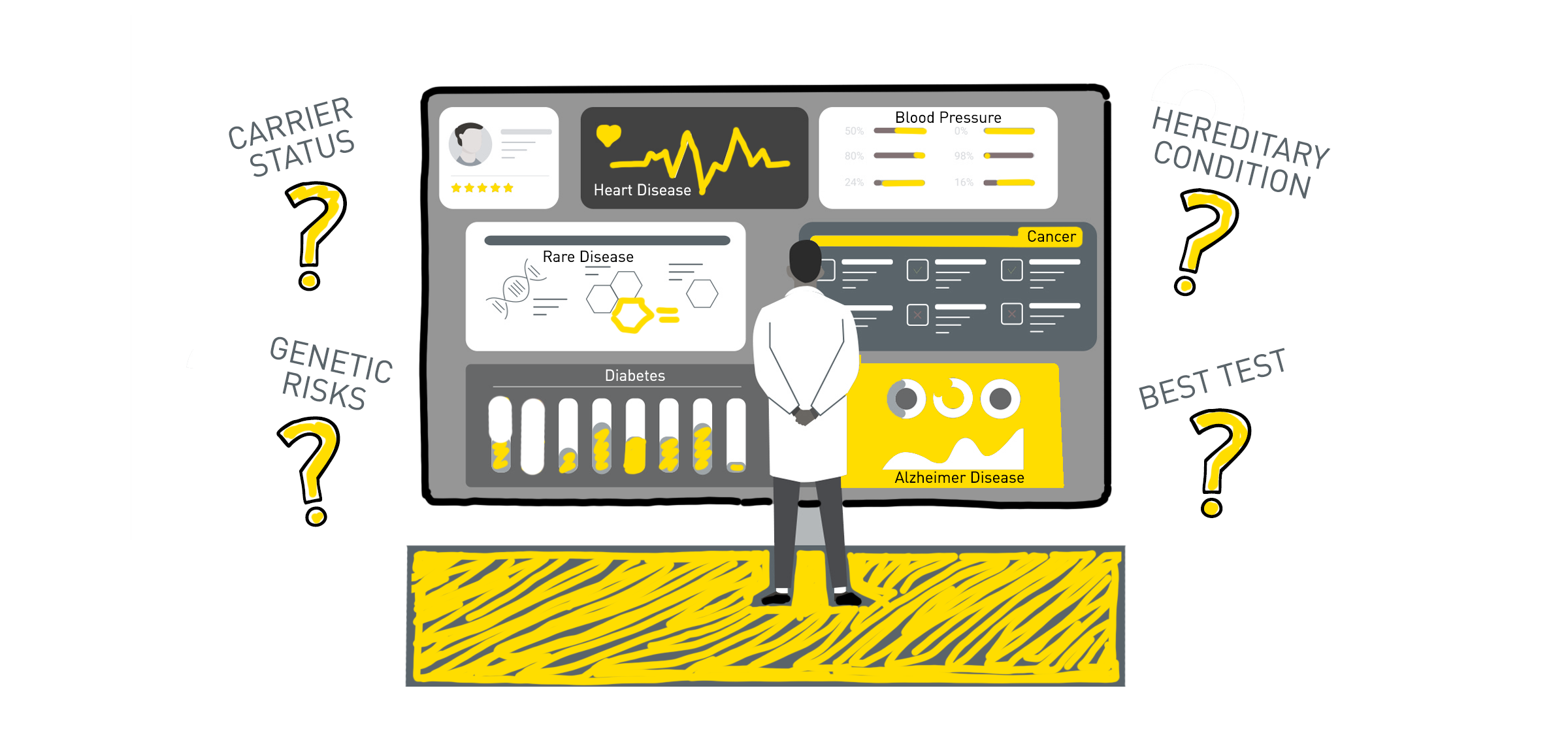 The Smith Family Clinic for Genomic Medicine
The Smith Family Clinic for Genomic Medicine
Because of the growing importance of integrating genomics into healthcare, genomic medicine departments are becoming increasingly more common in large hospitals and universities. The Smith Family Clinic for Genomic Medicine is a stand-alone medical office residing on the HudsonAlpha Institute for Biotechnology campus that is devoted to the practice of genomic medicine. Upon opening in 2015, it was the first clinic of its kind in the world that focused solely on the diagnosis of rare and undiagnosed disease using genomics.
The clinic, led by board-certified clinical geneticist Dr. David Bick, aims to diagnose patients with undiagnosed and misdiagnosed disease. A unique part of the clinic is that they integrate whole genome sequencing into the routine practice of genetics, something that not many clinics are currently doing.
Although they were operating under restrictions due to the COVID-19 pandemic for much of 2020, the Smith Family Clinic was still able to conduct 618 patient visits and lab draws. 38 patients were delivered a diagnosis and 17 were delivered a possible diagnosis.
In addition to providing diagnoses to patients with rare and undiagnosed disease, the clinic also offers a program called Insight Genome which gives adults the opportunity to have their whole genome sequenced and analyzed. Through whole genome sequencing, participants may learn about DNA variants that explain current symptoms, increase their risk for future disease, or show that they are a carrier for disease. Knowledge gained from the program can help the participants make future health and wellness decisions.
To learn more about the clinic and hear Dr. Bick share his vision for bringing genomics research from the lab into the clinic, watch this episode of Genomics and Java.

